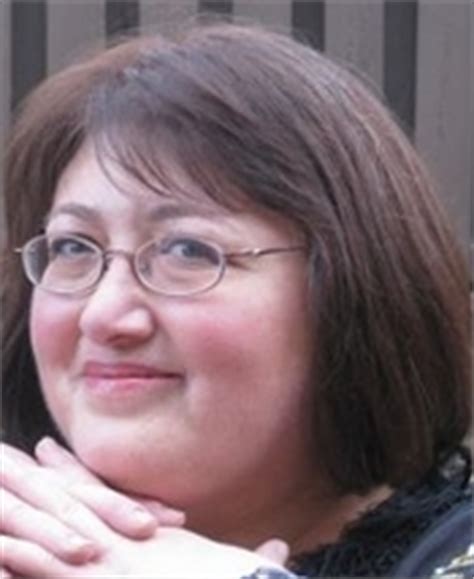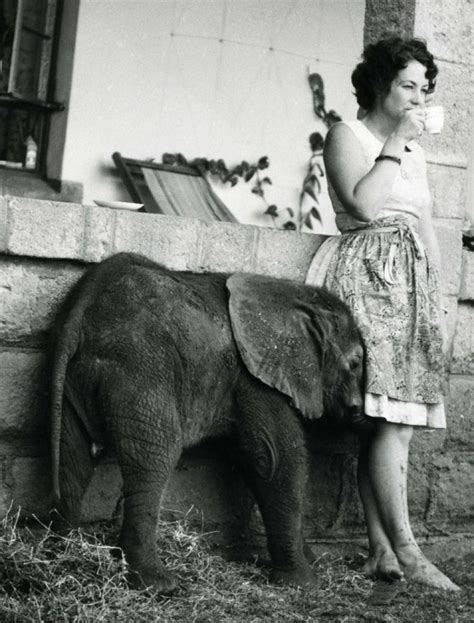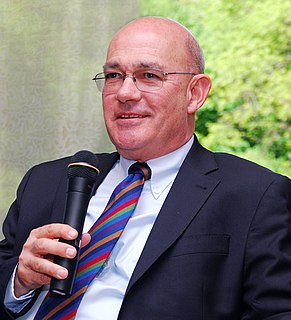A Quote by Brie Larson
We've all recognized the moment when the world has handed us a situation that is bigger than our youth can handle, and we have to grow up in a second. And when you do get to the other side, all it does is take us to this new level of existence that is more beautiful and more complex and, in some ways, more painful.
Related Quotes
Our lives are full of separations that shake us up, force us to attend to our emotional selves and to learn new ways of being in the world. Although many of our losses are painful, they encourage our gains. The lesson life is trying to teach us is that, regardless of the challenges and changes in the physical world, we will abide in peace by aligning ourselves with our inner changelessness. The power of God in us is more than equal to any moment-no matter what it brings. We live in a loving, supportive universe that is always saying yes to us.
The world tells us in a thousand different ways that the bigger we become, the freer we will be. The richer, the more beautiful, and the more powerful we grow, the more security, liberty, and happiness we will experience. And yet, the gospel tells us just the opposite, that the smaller we become, the freer we will be.
The more complex our security becomes, the more complex our enemy's efforts must be.The more we seek to shut him out, the better he must learn to become at breaking in.Each new level of security that we manage becomes no more than a stepping-stone for him who would surpass us, for he bases his next assault upon our best defenses.It is a ware that can never truly be won… but one we dare not lose.
Animals are indeed more ancient, more complex and in many ways more sophisticated than us. They are more perfect because they remain within Nature’s fearful symmetry just as Nature intended. They should be respected and revered, but perhaps none more so than the elephant, the world’s most emotionally human land mammal.
For complex reasons, our culture allows "economy" to mean only "money economy." It equates success and even goodness with monetary profit because it lacks any other standard of measurement. I am no economist, but I venture to suggest that one of the laws of such an economy is that a farmer is worth more dead than alive. A second law is that anything diseased is more profitable than anything that is healthy. What is wrong with us contributes more to the "gross national product" than what is right with us.
We had enough years in front of us to be serious and grown-up and respectable. Why rush it? But on the other hand we always complained when teachers and other adults treated us as kids. In fact there was nothing that annoyed me more. So it was a frustrating situation. What we needed was a two-sided badge that said 'Mature' on one side and 'Childish' on the other. Then at any moment we could turn it to whatever side we felt like being and the adults could treat us accordingly.
We have more information than ever before, and it is harder to avoid actually seeing what the other side is saying. Yes, we in Business insider focus on publications that we feel speak to us, but that is the same way it was 20 or 100 years ago. In the US, two million people have subscribed to the New York Times and many more millions think it is a terrible, liberal paper they would never read. We can choose to put ourselves in a bubble of only people who agree with us, but in the digital world there are many more ways of saying "Hey, here is something you might want to consider".
God wants us to be stronger than we are--more fixed in our purpose, more certain of our commitments, eventually needing less coddling from Him, showing more willingness to shoulder some of the burden of His heavy load. In short, He wants us to be more like He is and, if you haven't noticed, some of us are not like that yet.
I was always telling myself I could handle a more complex role, I could handle something bigger and more interesting than the work I was doing. But I wasn't demanding that of myself. At a certain point, I realized it was never going to come my way unless I started taking more control of it. That's what I realized I had to do.
Ever since our country came into existence, we have always assumed that we are better than the Arabs. But we are noticing that these are no longer backward people. Suddenly we are confronted with a new situation - the fact that the Arab world maybe thinks just as democratically as we do, perhaps even more democratically. Where does this leave us? After all, we're supposed to be the only democracy in the Middle East!
Immigrants to America help us with the work they do. They challenge us with new ideas, and they give us perspective. This is still the nation that more people around the world want to come to than any place else. That has to tell us something about ourselves. If around the world this is the place people want to come to so much, maybe there's more here than many of us realize-and that many of us can take advantage of.
There are sections of the film that I don't love. There are moments that really lift and elevate, and then there are parts that feel clunkier to me. But the totality of 'Harold and Maude' is so much greater than maybe other films that are more perfect or look more beautiful or handle every moment more exquisitely.




































